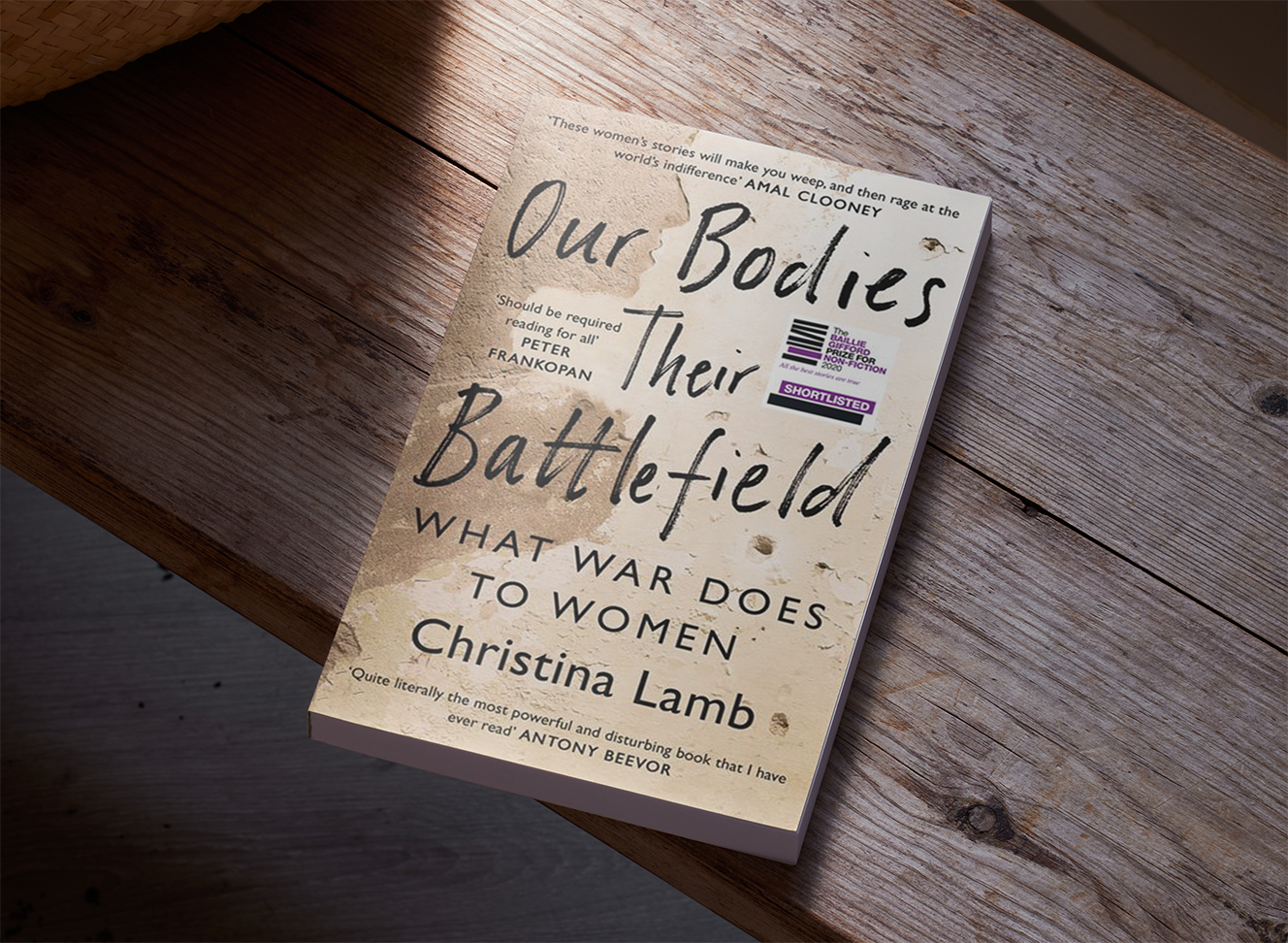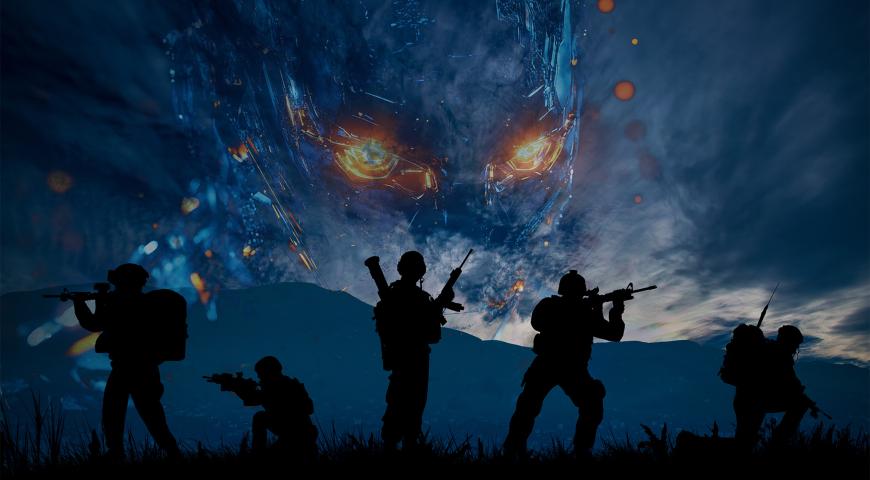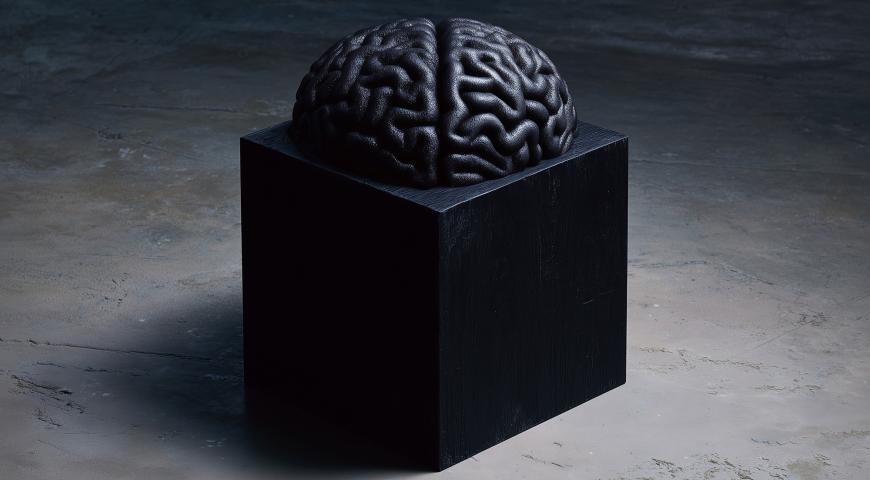Book Review: Our Bodies, Their Battlefield: What War Does to Women, by Christina Lamb.
Award-winning English war correspondent Christina Lamb has succeeded in writing a book about an horrific topic that is yet both readable and descriptive without being ghoulish. With each chapter, she zeroes in on a personal encounter with a survivor of rape in war, then zooms out to provide the context of the brutal assault and the conflict in which it took place. Lamb then traces each survivor’s journey towards recovery and the remote possibility of justice.
Systemic mass rape by invaders is as old as war itself, but the first prosecution of rape as a war crime did not occur until 1998, at the International Criminal Tribunal for Rwanda.
Lamb, who is currently the chief foreign correspondent for The Sunday Times in the UK, draws on her extensive experience in combat zones across the world over 30 years. She has reported from most of the world’s hotspots in that time, starting with Afghanistan in 1987 when she was just 22. She has won 15 major awards including Foreign Correspondent of the Year, and Europe’s top war reporting prize, the Prix Bayeux. She was made an OBE by Queen Elizabeth in 2013 and is an honorary fellow of University College, Oxford. She has written nine books including the bestselling The Africa House and I Am Malala.
Lamb’s selection of countries and conflicts recounted in Our Bodies, Their Battlefield are drawn from personal experiences in Afghanistan, Bangladesh, Bosnia, Argentina, Rwanda, Democratic Republic of Congo, Iraq, and the Philippines. Her telling of the Yazidis’ stories reveals the greatest geographical dispersal of a persecuted people, as members of this religious and cultural minority were given safe harbour in countries as far apart as Australia, Germany and Greece after they were systematically raped and enslaved by ISIS in Iraq and Syria from 2014-17.
Lamb makes the undeniable case that rape is a cheap and brutal tool of war that demeans the enemy, weakens the next generation of resistance and leaves a lasting legacy of suffering with few judicial consequences. Common across the stories of most women are that their families consider their rapes a source of shame, rather than drawing parallels with the ammunition-inflicted wounds of their male compatriots. When mothers choose to care for the children of rape, these children are excluded from the normal privileges of community life. When women produce names, witnesses and testimonial evidence, their abusers are rarely prosecuted, with priority given to unlawful killings and terrorism. Rape has been viewed as a lesser issue by domestic prosecutors and war courts, not worthy of pursuit. Lamb charts some of the encouraging progress since the late 1990s in the prosecution of abusers, particularly when women are in prosecutorial or judicial roles.
The personal impact of rape as a tool of war is shown to be tragic. Common across the interviews Lamb gently conducts is the sad pattern that women do not report achieving healing and peace, even after many years. While talk and art therapy helps to process their experiences, many women report their assault was the beginning of a lifelong agony and they wonder whether death would have been a kinder outcome to their attacks. The reader will usually find that reflection on these personal stories contributes to a deeper understanding of the issues.
What helps make this book ultimately uplifting is learning about the heroes doing their part to rescue, treat, report on and prosecute on behalf of the countless victims. For instance, we meet the gynaecologist and Pentecostal pastor Dr Denis Mukwege, who was jointly awarded the Nobel Peace Prize in 2018 for his work on treating survivors of sexual violence as a weapon of war. Dr Mukwege runs Panzi Hospital in the Democratic Republic of Congo, a resource-rich country that has been racked by internal conflicts and wars with its neighbours on and off since 1994. Widely known as ‘Dr Miracle’, over 20 years he has treated more than 54,000 women and girls—and infants—brutalised by rape[1]. Political and rival military factions oppose his work, but supporters and donors protect him and his staff for the sake of the women and girls whose numbers are not slowing. (Incidentally, the co-winner of the 2018 Nobel Peace Prize was Nadia Murad, a young Yazidi activist who has also campaigned against the use of sexual violence as a weapon of war.)[2]
Lamb also introduces us to Abudullah Shrim, an Iraqi beekeeper when ISIS briefly gained ascendancy in Iraq’s Nineveh province, who rescued 367 women and girls from the so-called caliphate, beginning with his own family members[3]. There is also Barkira Hasecic, president of the Yugoslav Association of Women Victims of War, a survivor of rape during the Bosnian War who went on to hunt down over 100 rapists, 21 of whom were prosecuted in The Hague and 80 in Bosnia[4]. These men and women brave threats, social ostracism and trauma to bring some justice to silenced women.
No book is perfect or to the taste of all readers. For this reader, the inclusion of Russians’ use of rape in WWII was educational, but given the timelines it did not carry the impact of the firsthand reporting as found in all the other stories. It felt more like a shoehorned historical revision than a fresh, personal story.
Military readers may be frustrated with the conflation of officially declared war with tribal, civil and factional in-country conflicts. If generous, however, the reader will recognise that for the everyday person living in a village or small city, whether the enemy is from across a recently drawn border or from another tribe or political party makes little difference to one’s experience of conflict.
Readers who pride themselves on learning about wars, contemporary and historical, will find that Lamb’s book adds an essential chapter to the many war histories that have been written. The author helps readers of military history understand rape not as a ‘spoil of war’ but as a deliberate, brutal and hidden weapon against civilians used across conflicts that shows no signs of slowing. Looking forward, humanitarian advocates and campaigners now discuss rape in war in the same breath as cluster bombs and chemical weapons. These are all tools of disproportionate suffering that must be confronted to be prevented[5].
Reading Christina Lamb’s 400-plus pages takes some effort, but the reader will be rewarded by being better informed and inspired. The brave women who survived and those who fight to heal, protect and tell their stories need citizens, voters and members of the profession of arms to listen to their story.
Lamb, Christina. Our Bodies, Their Battlefield: What War Does to Women. Paperback edition. London: William Collins, 2021. ISBN: 9780008300043
Social Mastery
Rape, Indefensible Weapon of War © 2024 by . This work is licensed under CC BY-NC-ND![]()
![]()
![]()
![]()
Please let us know if you have discovered an issue with the content on this page.
Comments
Start the conversation by sharing your thoughts! Please login to comment. If you don't yet have an account registration is quick and easy.





